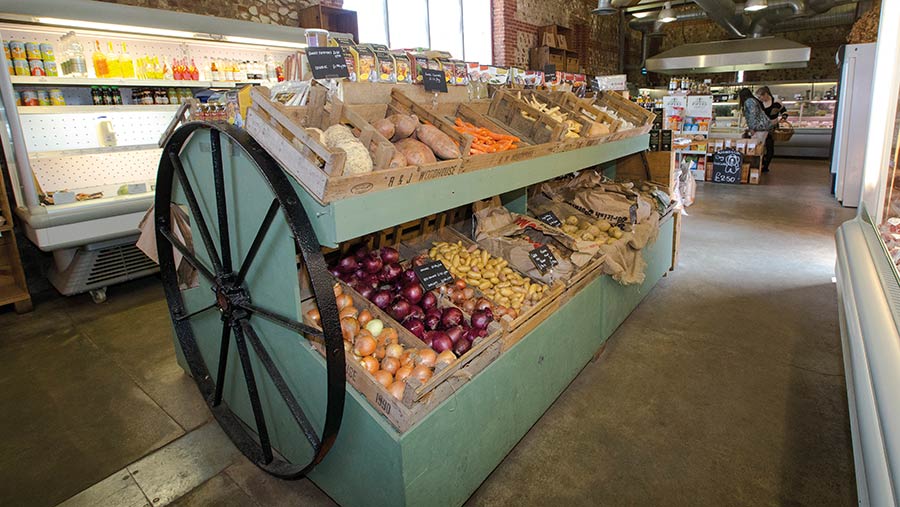Opinion: Local food should be at the heart of daily life
 © GNP
© GNP Back in the autumn, my husband and I visited the Morvern peninsula.
On a warm afternoon, we walked along a thickly vegetated riverbank, the air full of invertebrates above trout rising in the water. A fine herd of mixed cattle grazed nearby.
We walked into the estate shop and bought a container of their home-made beef curry to have for dinner.
See also: Opinion – crofting needs a competent government plan
It tasted phenomenal, and it felt good to support a sustainable farming enterprise that’s a key part of a healthy ecosystem.
There’s something about eating local, sustainable meat that creates a deep sense of contentment and connection. It’s a core part of being human.
Privilege
Yet this seems to be an alien concept to swathes of the public – or they simply deride it as “privilege”.
New year marketing campaigns encourage people to self-flagellate with veganism and diet fads, often dependent on unsustainable imported foods.
This is a recent change. Meat-free diets would have baffled our forebears.
Far from being privileged, I remember my grandparents – urban blue-collar workers with rural roots – talking about the annual treat of eating a chicken at Easter.
The anticipation was mouthwatering. It was savoured with gratitude.
The “sticking” of a household pig, raised each year in the backyard sty, was a major event – and they really did use everything but the squeal.
This was the war generation scarred by rationing, so we can understand why they’d be so food-focused.
But they were also more closely connected to food production, and understood its community value.
Good British meat and veg were respected as part of a strong sense of identity and nationhood.
I eat local meat most days, and usually know the precise provenance of the animals that provided it.
Food budget
This is really important to me, and I prioritise a good diet over other expenditure.
That puts me in the minority – UK household spending on food and non-alcoholic drink has decreased from 33% in 1957 to just 11% in 2023.
There are many reasons for this, but alongside the appalling socio-economic factors, genuine appreciation of food just isn’t embedded in British culture like it used to be.
Part of the blame can be placed on decades of government policy failures across the spectrum.
And as we’ve seen since the Budget, many constituents and politicians alike actively despise farming.
I think this is a symptom of a wider malaise, where people’s priorities have shifted to daft things like Netflix and Shein, and away from the solid, tangible values that got us through the Second World War.
Comfort food
Mental health statistics would suggest that life is harder than ever before, yet modern conveniences have also made life easier than it’s ever been.
It seems that the building blocks of life – local food, community, well-remunerated and meaningful work – have been superseded by things that make us ill.
When the weather’s cold and wet, daylight hours short, and the hill grazings still shades of brown, it’s so comforting to come back inside to a hot bowl of Scotch broth or beef stew.
Like farmers all over Britain, Hebridean crofters are producing soul food. The government and the public don’t understand how important this is.
To thrive, Britain needs to get back to its roots. That means respecting British farming by putting the food we produce back at the heart of daily life.

